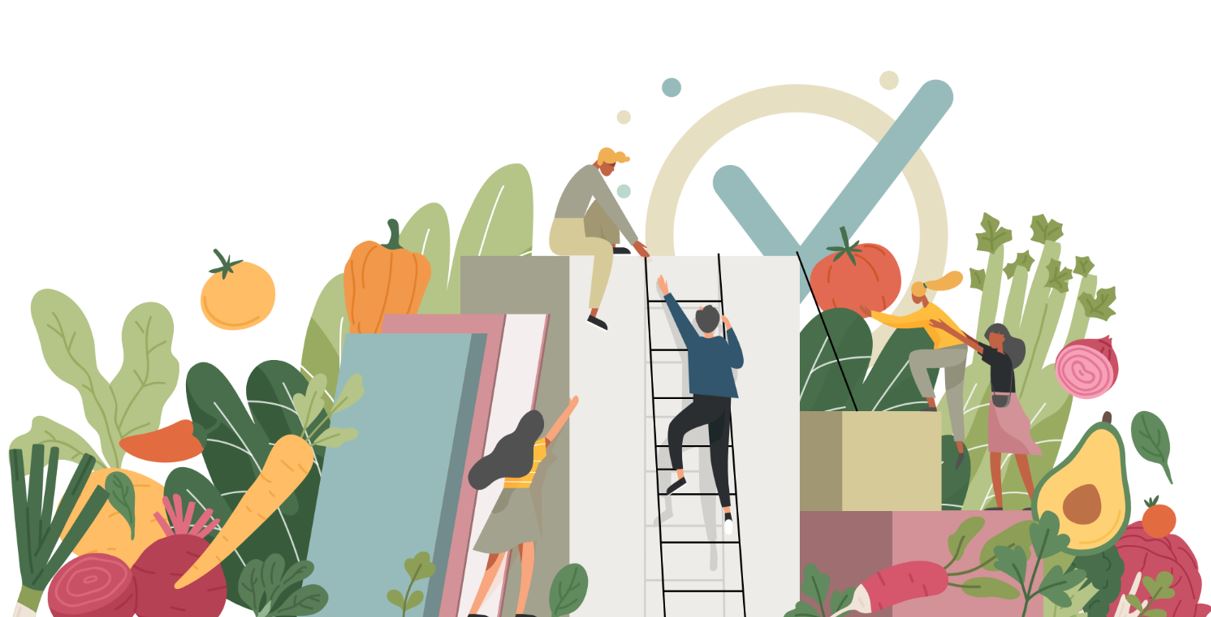Dr Chris van Tulleken is one of three leading experts discussing our food environment, the problems associated with ultra-processed food (UPF), the impact of climate change and potential solutions.
In a relatively new area of research, UPFs have been difficult to define. However, the NOVA classification system points to food which has “formulations of ingredients, mostly of exclusive industrial use.”
Diets that are high in UPFs have been linked globally to rising obesity rates and poor health outcomes, such as diabetes, cancer, and heart disease.
An infectious diseases doctor and Associate Professor at UCL, Dr van Tulleken is part of a growing group of doctors who are looking at the harmful impact of UPF on our health. He is also the author of the best-selling book, Ultra-Processed People.
The webinar is opened by Professor Sebastian Merlind, one of the world’s leading climate scientists specialising in the impacts of climate change in the Arctic and rising water levels. The Danish based climate scientist is lead author for the United Nations Intergovernmental Panel on Climate Change report. Professor Mernild considers how intensive industrial processes used to produce UPFs are having a negative impact on our planet and demonstrate what impact the resulting rise in planet temperature is having.
Dr Priscilla Machado, Research Fellow in the Institute for Physical Activity and Nutrition (IPAN) at Deakin University, Australia, discusses how we can help create a more sustainable food environment to improve the health of people and the planet.
This webinar was made possible through the joint vision and dedication of Dr Julie Gallagher, Dr Angela Evans and Dr Eleanor Murray who are members of the Royal College’s Sustainability Steering Group.
Vice Chair, Dr Gallagher said: “We are honoured to bring together a fantastic group of speakers who are at the forefront of research on both climate change and ultra-processed food. It has never been more important to raise awareness of the fundamental intersection between our environment and our health. To improve planetary health we need to also improve human health.
"We hope the webinar will be an inspiring – and hopeful – event for all our attendees. Our aim is for attendees to leave feeling hopeful, that it is not too late to save the planet and that many people doing a little bit each but all working together can achieve enormous things. Education and knowledge sharing is one of the most powerful things we can do, as it is through this that change will occur.”
The Royal College of Physicians and Surgeons Glasgow is the UK’s only multidisciplinary Royal College and strives to play a leading role in healthcare sustainability.
This public outreach webinar, ‘Ultra-processed food: a risk to human and planetary health’ took place on Wednesday 29 January 2025. It is available to all, free of charge to watch on the College's YouTube channel.

